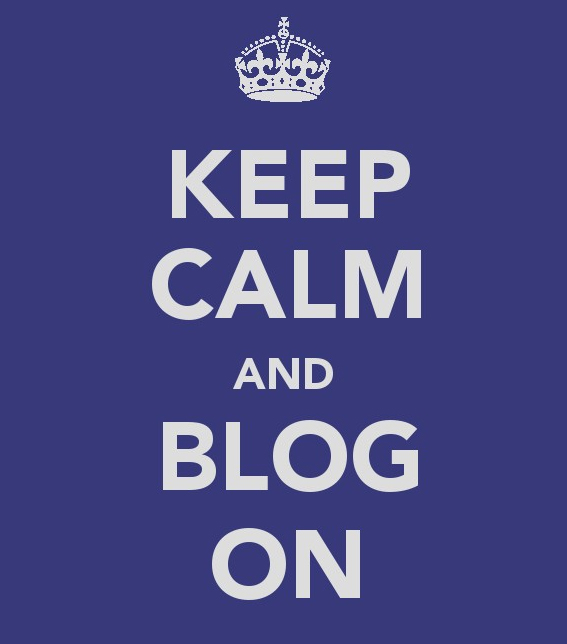
I
have never really been a person who is into blogging. I can barley keep up with
Facebook, Twitter and Instagram so blogging was something that I never had time
for. Plus, I didn’t think that people were interested in hearing about how my
day went, who I am dating or what I ate for dinner.
So
what is blogging anyways? According to Dictionary.com blogging, the verb “is to
maintain or add new entries to a blog.” Therefore, a blog, the noun, is a
“website containing the writer’s or group of writers’ own experiences,
observations, opinions, etc., and often having images and links to other
Websites.” I thought this was an interesting definition because I feel like a
blog can be way more then what was defined. From what I can tell a blog is anything
and everything that a person wants it to be.
This
got me thinking, what are some of the top blogs created Blogs.com has made
lists of the 10 Ten blogs in many different categories. From DIY Renovation,
Stylish Food, Travel for Hedonists, Madrid, Games, Family Crafts, Daily
Inspirations, and many more. One blog that was interesting to me was the “Top
10 iPhone Photo (iPhoneography) Blogs. These are blogs that display images that
are taken and edited only with an iPhone.
Basically, anyone
can write a blog about anything and I’m sure someone will read it.
Wordpress.com, which is another blog creation engine gives 6 tips on basic
blogging.
1.
Post
regularly, but don't post if you have nothing worth posting about.
2.
Stick
with only a few specific genres to talk about.
3.
Don't put
'subscribe' and 'vote me' links all over the front page until you have people
that like your blog
4.
Use a
clean and simple theme if at all possible.
5.
Enjoy,
blog for fun, comment on other peoples' blogs
6.
Have fun
blogging and remember, there are no rules to what you post on your blog!
Now, since this is all about blogging and I have
never been one to have a blog, I still enjoy checking out what other’s have to
say on their own blogs.
Here are some of the blogs that I have
subscribed to that you might like as well (some of them are more girly than
others):
o a blog created by Desirae and Melody (two of the siblings from the
piano playing group “The 5 Browns”) who created a modest fashion blog.
o Being a business student, I always like to know what is going on at
the Jon M. Huntsman School of Business. This blog always has great stories, ideas and tips about the business world.
o Jordan Christy is the author of “How to Be a Hepburn in a Hilton
World,” a fantastic book and blog on how to live with style, class and grace.




